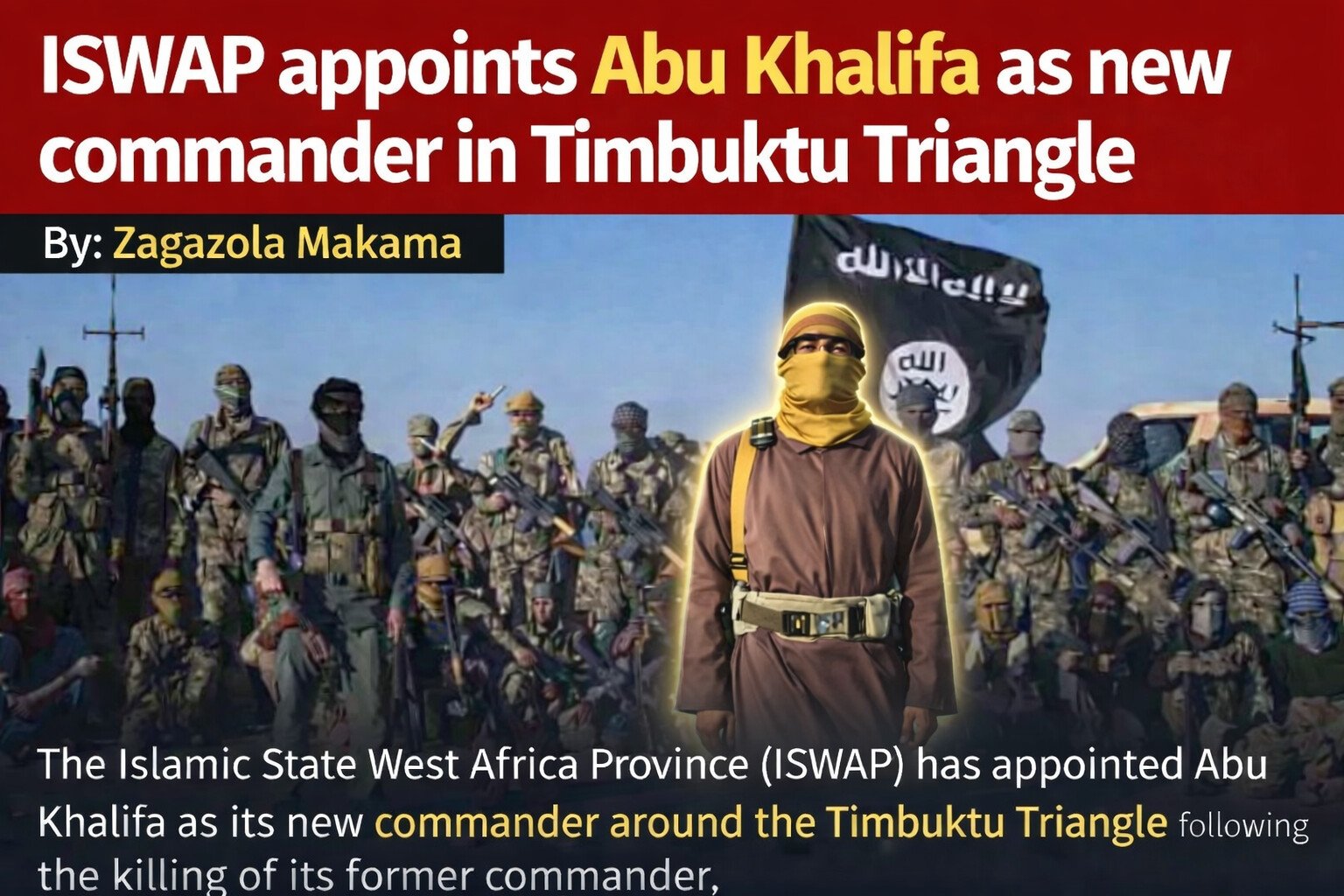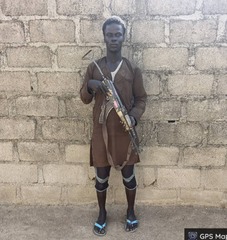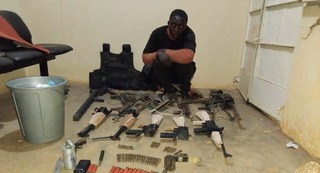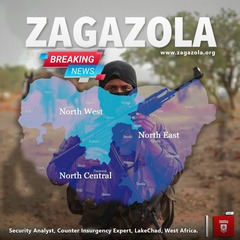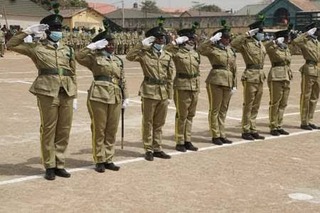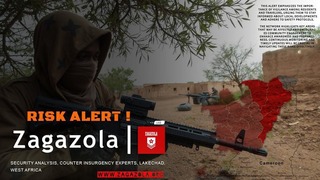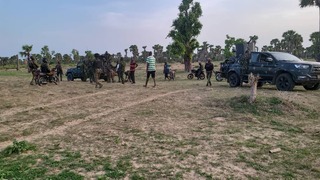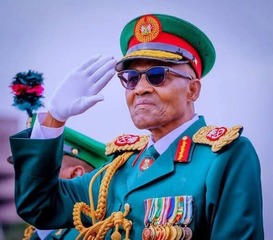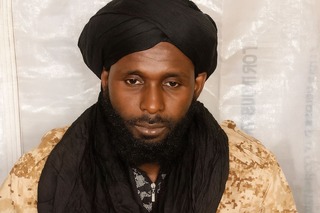Analysis: Challenges Facing the Malian Army and the Need for Comprehensive Reform
By; Zagazola Makama
The Malian Armed Forces (FAMa) have faced significant criticism for their performance on the battlefield, particularly regarding their frequent withdrawals from combat situations. Recent events, such as the attacks on the Niafunka and Eliman bases, as well as the reported retreat during the Battle of Tin-Zautin, have raised serious concerns about the effectiveness and resilience of the FAMa. This analysis seeks to explore the underlying reasons behind these issues and propose potential pathways for reform.
1. inadequate Training and Outdated Military Doctrine
One of the most pressing issues is the inadequate level of training received by Malian officers and soldiers. Despite efforts by international missions such as the European Union (EU) and the United Nations (UN) to provide training, these initiatives have been limited in scope. They have primarily focused on specialized areas like pilot training, leaving the broader knowledge base for the FAMa rooted in outdated military thinking from the 1980s.
The lack of modern, comprehensive training has led to a military leadership that is ill-prepared for contemporary conflicts. The officers' inability to effectively strategize and command in combat situations has resulted in a loss of confidence among the ranks, leading to the frequent retreats observed in recent battles. The FAMa's reliance on outdated tactics and an insufficient understanding of modern warfare has created a significant gap between the challenges they face and their capacity to respond effectively.
2. Erosion of Authority and Public Trust
Another critical factor contributing to the FAMa's struggles is the erosion of its authority within Mali. The military's inability to provide consistent security, particularly in conflict-prone regions like Mopti and Ménaka, has led to widespread disillusionment among the civilian population. As a result, many communities have turned to local militias for protection, further undermining the legitimacy and authority of the national army.
This loss of public trust is compounded by the perception that the FAMa is unable to defend the nation effectively. The persistent losses and lack of decisive action have created a vicious cycle where morale continues to decline, making it even more challenging for the army to regain the confidence of the people it is meant to protect.
3.Low Morale and Internal Divisions
The morale within the FAMa is alarmingly low, particularly following significant defeats like the Battle of Tin-Zautin. Soldiers' morale is not only affected by battlefield losses but also by internal divisions and dissatisfaction with the current state of the military. The presence of foreign forces such as Wagner PMC has introduced additional complications. While Wagner provides combat training to some Malian troops, not all soldiers receive this training, leading to jealousy and resentment among those who feel excluded.
Moreover, the disparity in pay and authority between Malian soldiers and Wagner operatives has exacerbated tensions. Instead of viewing Wagner as a model to emulate, many FAMa members see them as an external force that undermines their own role and significance. This has led to a lack of cohesion and discipline within the ranks, further weakening the army's ability to function as a unified fighting force.
The situation in Mali's Kidal region has grown increasingly volatile, as tensions escalate between the Malian Armed Forces (FAMa) and Russian mercenaries from the Wagner Group. What initially began as a collaborative effort to stabilize the region has now devolved into a power struggle, with the Wagner mercenaries reportedly attempting to assert control over FAMa operations. This has led to a series of violent incidents, with the execution of Corporal Ousmane Kante by a Wagner mercenary marking a significant and troubling escalation.
The partnership between FAMa and Wagner was intended to bolster Mali’s military capabilities, particularly in regions like Kidal, where insurgent activity has long posed a challenge. However, recent developments suggest that Wagner mercenaries are increasingly overstepping their role, seeking to dominate the operational landscape. This has manifested in the restriction of FAMa soldiers' movements and a general undermining of Malian command authority. The execution of Corporal Kante has had a profound impact on the morale of FAMa soldiers. Many view this as a direct assault on their sovereignty and a grave violation of military conduct. The incident has fueled growing animosity towards the Russian presence, with FAMa soldiers increasingly seeing Wagner as an occupying force rather than an ally.





